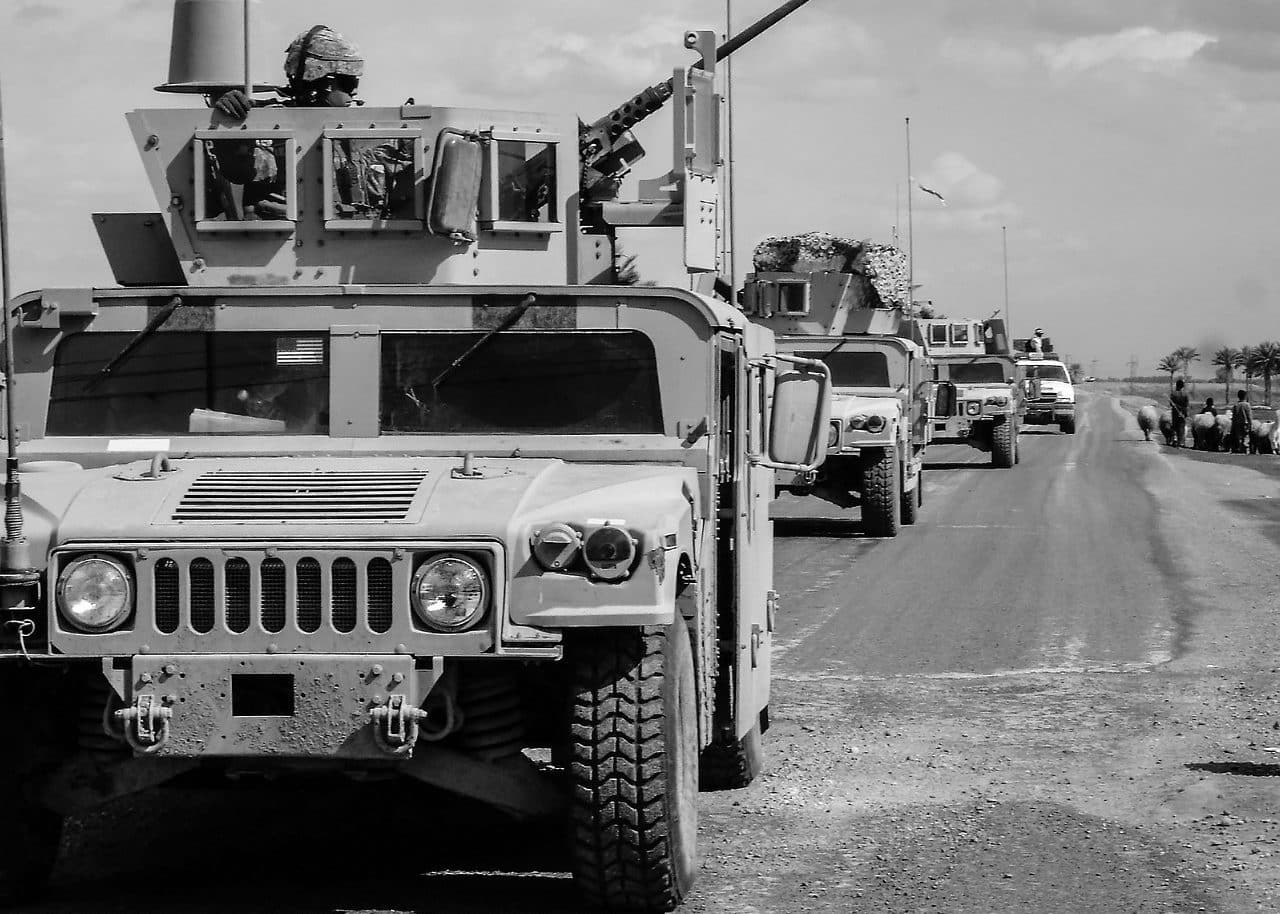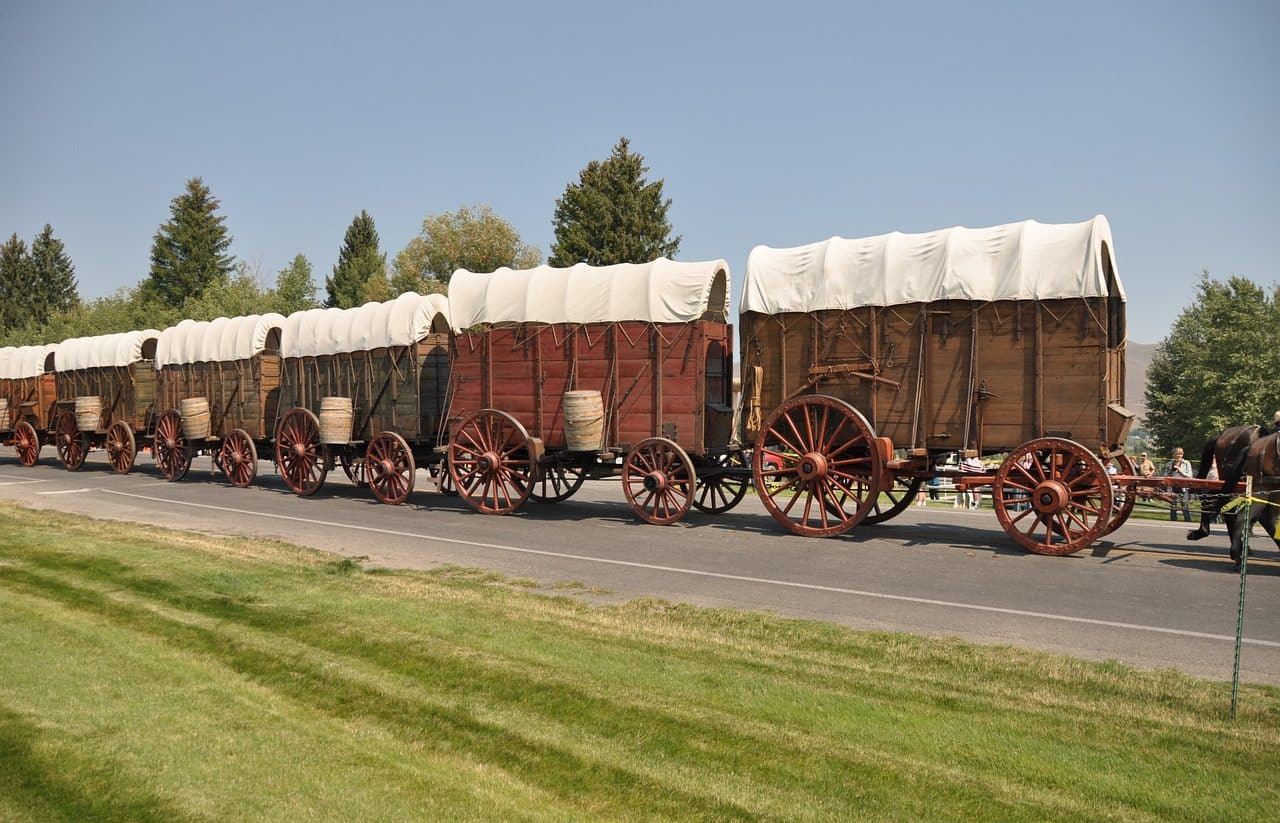
A convoy is usually formed for security reasons.
Convoy is a term originating from the French convoi . The concept is usually used to name the set of vehicles that travel in groups to support each other .
For example: “The truck convoy crossed the desert in five days,” “The bar owner was terrified when he saw a convoy of motorcyclists stop by the door,” “The president's car will be guarded by a convoy that includes helicopters.”
Development of a convoy
The formation of a convoy is usually justified for security reasons. Suppose an important political leader needs to travel in the middle of a war zone. If you travel alone with your car, it is possible that your path could be interrupted or that you could suffer an attack . On the other hand, if you travel in a convoy (surrounded by three other vehicles and four motorcycles, and escorted in the air by a helicopter), your chances of defending yourself against an attack will be much greater.
The convoy can also be formed to traverse naturally difficult terrain. For example: a group of tourists plans to cross a desert area , where there are no gas stations or any type of infrastructure; For this reason, the travelers decide to form a convoy and leave in a caravan, with five cars in a row, thanks to which if one suffers a mechanical breakdown, the rest can stop and contribute to the repair.

A grouping of cars may be called a convoy.
The term in the navy
The term also finds its use outside of the mainland, since marine convoy serves to name the group formed by warships that escort merchant ships (any vessel, except recreational vessels, that is not part of the Navy ; on the other hand , the fundamental meaning of merchant ship refers to one that transports goods or passengers).
The concept of marine convoy can be understood as a synonym for preserves . The use of the word convoy, in this case, serves to refer to the type of cargo carried by the ship; In this way, it is possible to speak of a silver convoy or a troop convoy , among others.
Let's see below some expressions that contain the term convoy, always in the context of the maritime field:
- Half convoy : It is composed of well-equipped merchant ships that come together to offer mutual defense and have a common objective .
- Sailing in convoy : refers to the grouping of merchant ships to advance through the sea following the orders of the same commander, who is in charge of the warships that must escort them.
- Give convoy : the action of escorting, protecting and accompanying one or more vessels that do not have sufficient weapons to keep themselves safe, or that do not have any type of weapon in their possession. A warship can give convoy to a merchant ship, for example.
- Abandoning or abandoning the convoy : When a group of warships encounters enemies whose strength vastly surpasses them, they are said to abandon or abandon the convoy when they stop escorting and protecting the vessels under their care . This action can also be carried out by merchant ships, even going against the commander's orders, if they believe that only in this way can they maintain their integrity in a very dangerous confrontation.
Convoy like train
On the other hand, convoy can be used as a synonym for train (a means of transport that brings together several carriages), although this is not so common in current everyday speech.
“The convoy arrived at the station half an hour late”, “There were four kilometers left to reach the destination when the convoy stopped due to a mechanical failure”y “The poor condition of the road prevented the convoy from advancing”. son expresiones que reflejan este uso.
